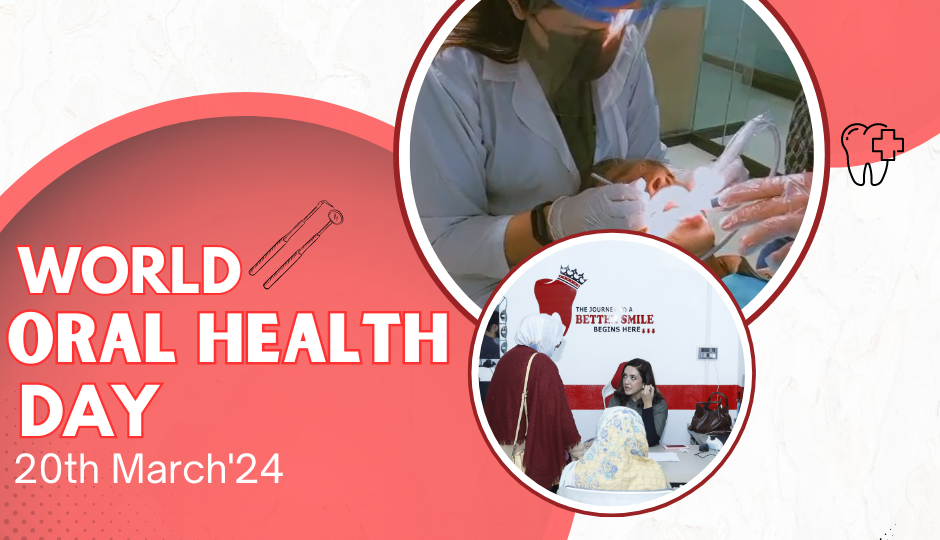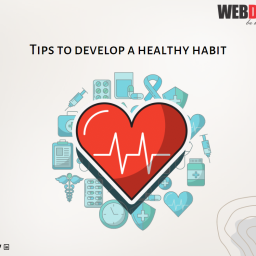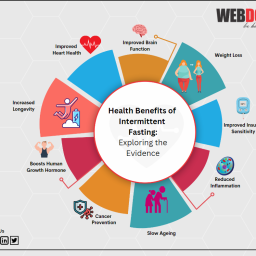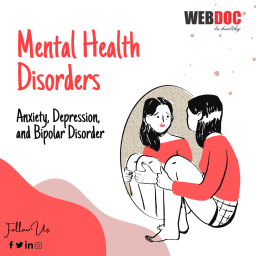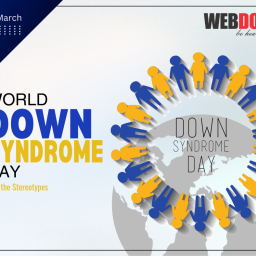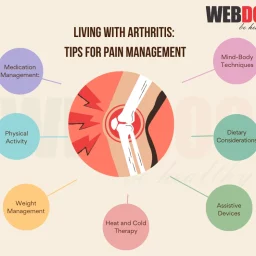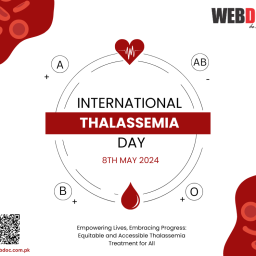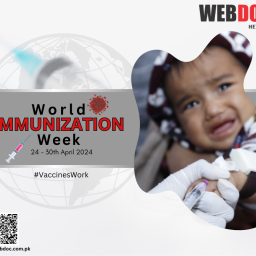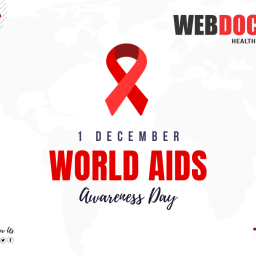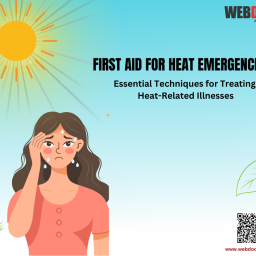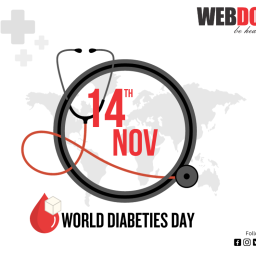Introduction:
Oral health is an integral aspect of overall well-being, yet it often doesn’t receive the attention it deserves. From preventive care to treatment of dental diseases, maintaining good oral hygiene is crucial for a healthy life. However, the state of oral health varies widely across the globe, influenced by factors such as socio-economic status, access to healthcare, cultural practices, and education.
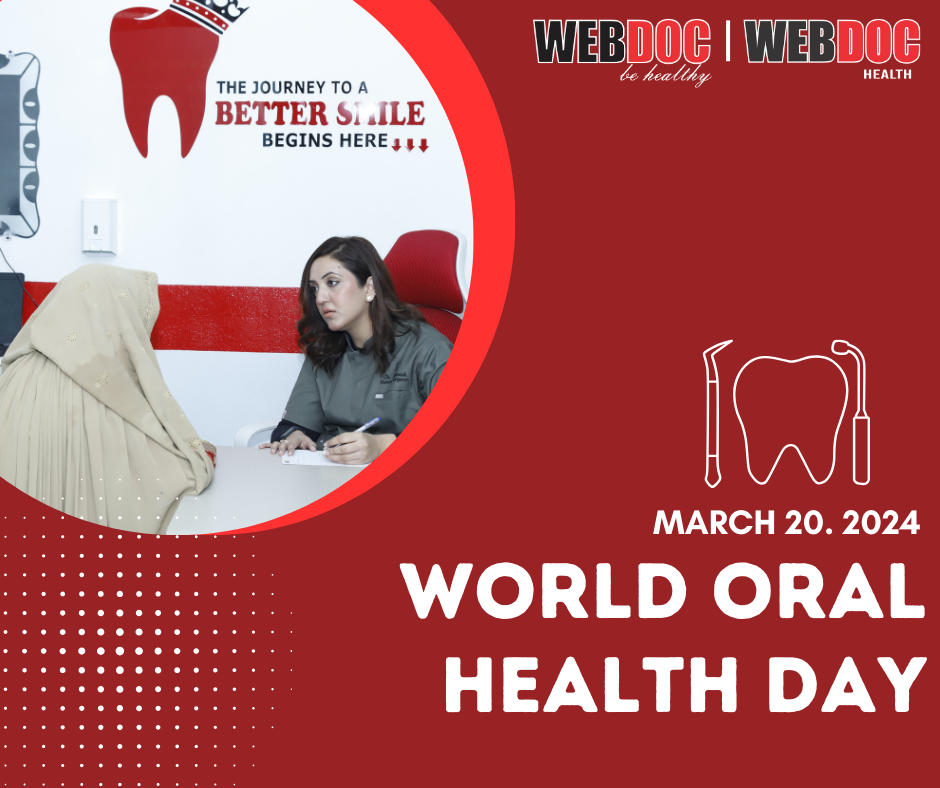
Global Oral Health Challenges:
Despite advancements in dental care, numerous challenges persist on a global scale. One of the most significant issues is access to dental services, particularly in underserved communities and low-income countries. Many people lack access to basic dental care, leading to untreated dental problems and preventable diseases.
Additionally, poor oral hygiene habits, such as inadequate brushing and flossing, contribute to widespread dental issues such as cavities, gum disease, and tooth loss. These conditions not only affect oral health but can also have systemic implications, impacting overall health and quality of life.
Furthermore, cultural beliefs and practices may influence attitudes toward oral health and dental care utilization. In some communities, traditional remedies or misconceptions about dental treatment may prevail, leading to delays in seeking professional care or reliance on ineffective treatments.
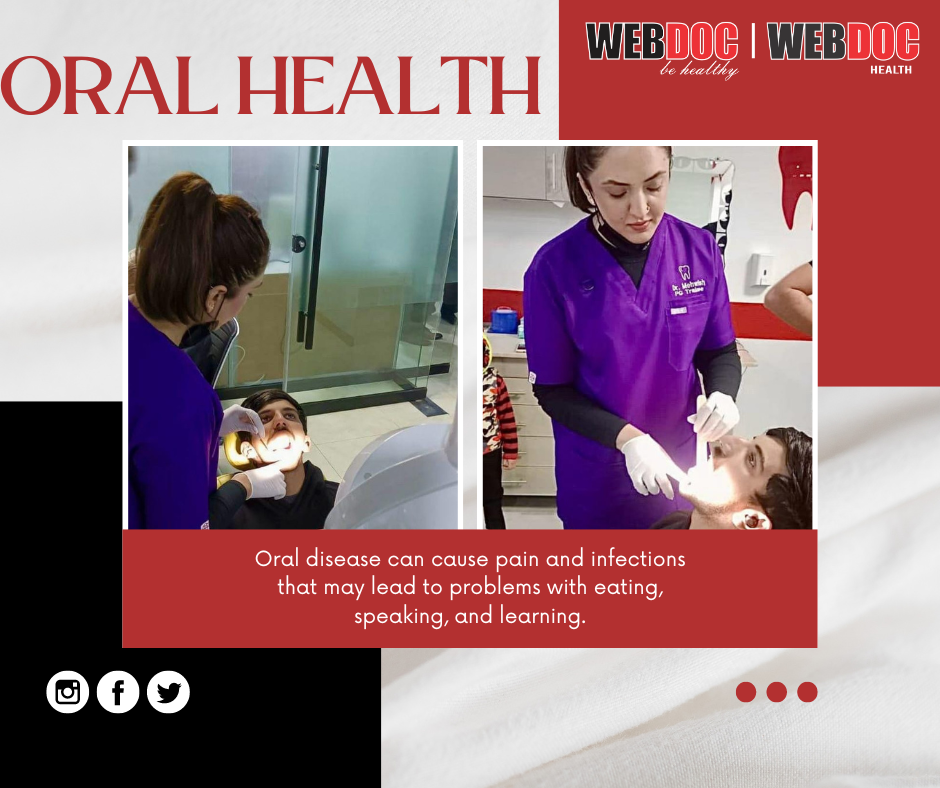
Regional Disparities:
Disparities in oral health are evident across regions, with some areas experiencing more significant challenges than others. Low and middle-income countries often face the greatest burden of oral diseases due to limited resources for preventive care and treatment. In contrast, high-income countries may struggle with issues such as access to affordable dental care and addressing oral health inequalities among vulnerable populations.
In some regions, water fluoridation programs have been successful in reducing the prevalence of dental caries, while in others, access to fluoridated water remains limited. Additionally, oral health education and awareness programs vary in effectiveness and reach, further contributing to disparities in oral health outcomes.
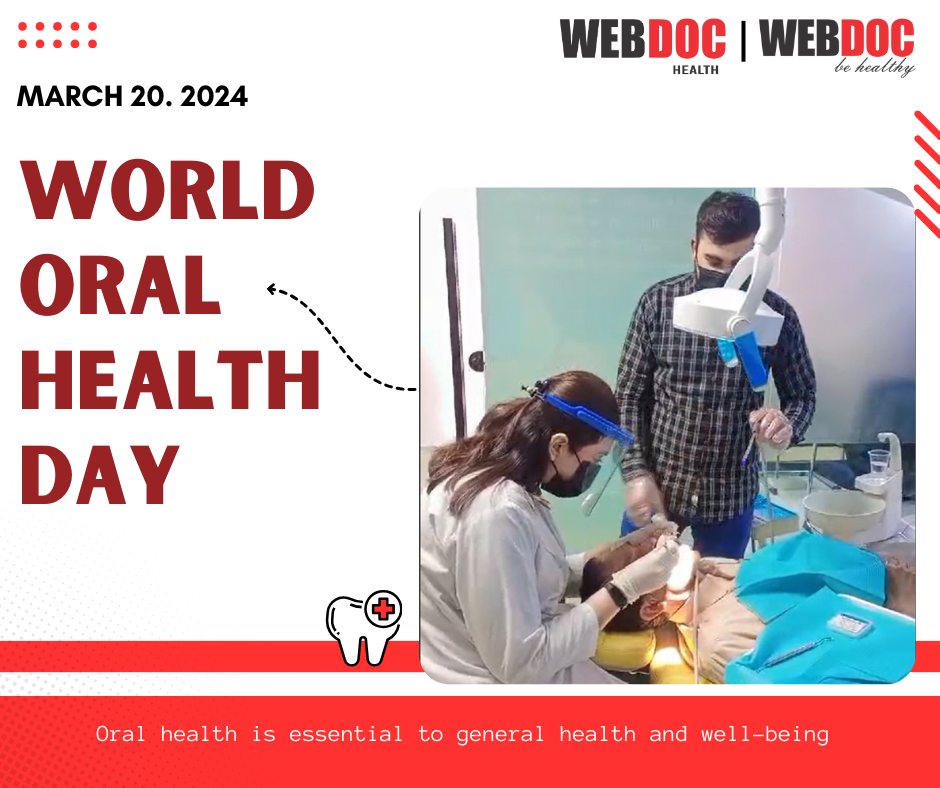
The Impact of Socio-Economic Factors:
Socio-economic factors play a crucial role in shaping oral health outcomes. Individuals from lower socio-economic backgrounds often face greater barriers to accessing dental care, leading to higher rates of untreated dental disease. Limited access to nutritious foods and poor oral hygiene practices exacerbate these disparities, resulting in a higher prevalence of oral health problems.
Furthermore, the cost of dental care can be prohibitive for many individuals, particularly in countries where healthcare services are not universally accessible or covered by insurance. As a result, preventive measures such as regular dental check-ups and cleanings may be overlooked, leading to more significant oral health issues down the line.
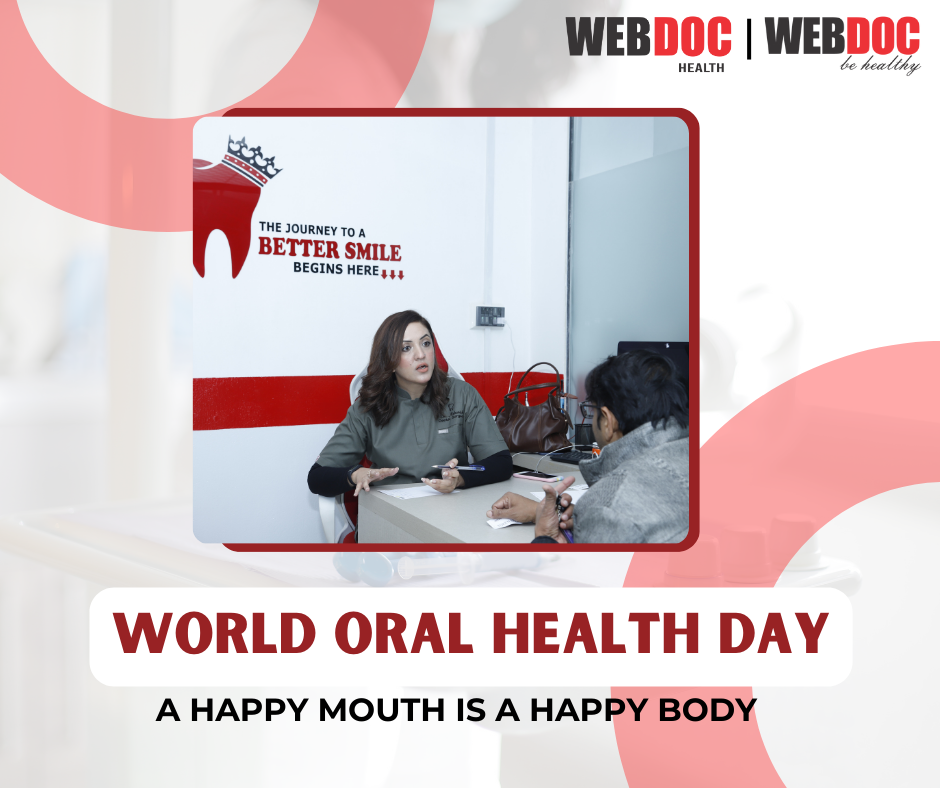
The Role of Prevention and Education:
Promoting oral health education and preventive measures is essential for improving global oral health outcomes. Effective oral hygiene practices, such as regular brushing, flossing, and routine dental visits, can help prevent dental diseases and maintain optimal oral health. Moreover, educating individuals about the importance of a balanced diet and its impact on oral health can empower communities to make healthier choices.
Community-based oral health programs, school-based initiatives, and outreach efforts can also play a significant role in increasing awareness and access to dental care, particularly in underserved areas. By engaging with local communities and addressing their specific needs, these programs can help bridge gaps in oral healthcare delivery and promote positive oral health behaviors.
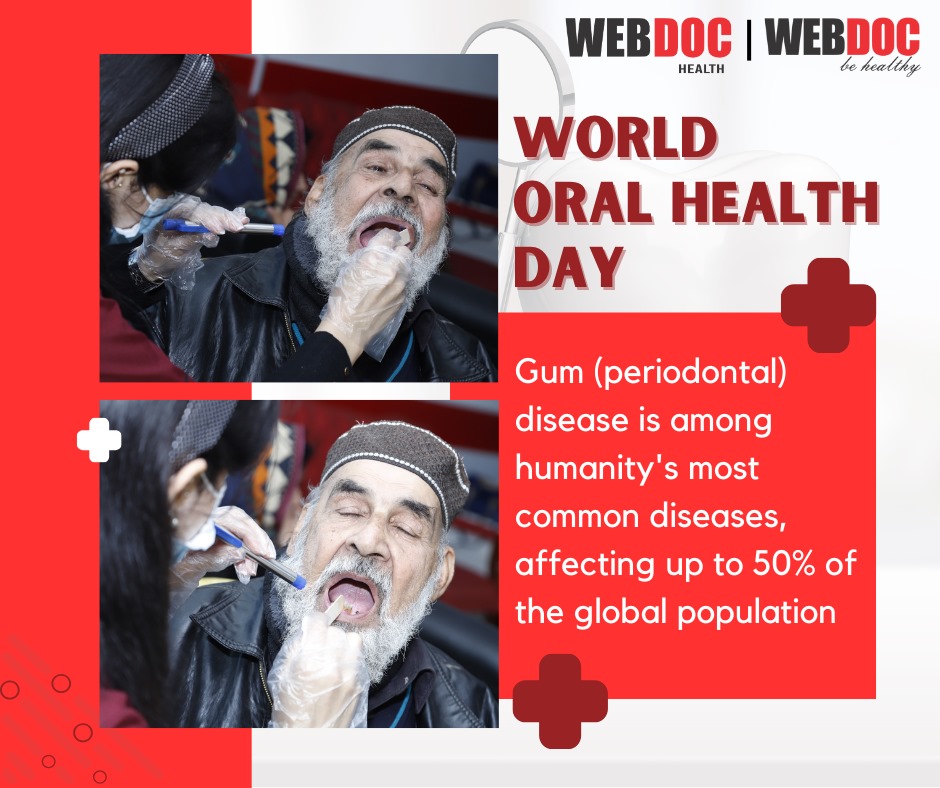
Conclusion:
Ensuring good oral health is a global priority that requires collaborative efforts from governments, healthcare providers, policymakers, and communities. By addressing the underlying socio-economic determinants, improving access to dental services, and prioritizing preventive measures, we can work towards a future where everyone has the opportunity to maintain a healthy smile and overall well-being. Through education, advocacy, and targeted interventions, we can strive to achieve equity in oral health outcomes worldwide.


